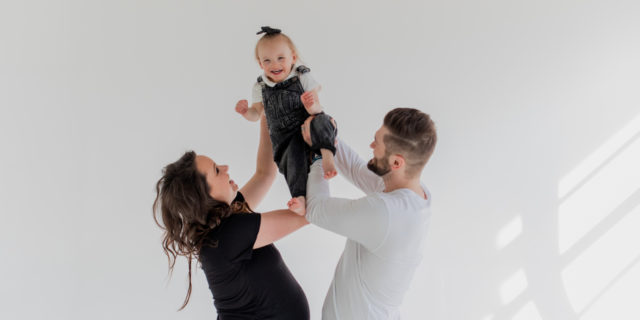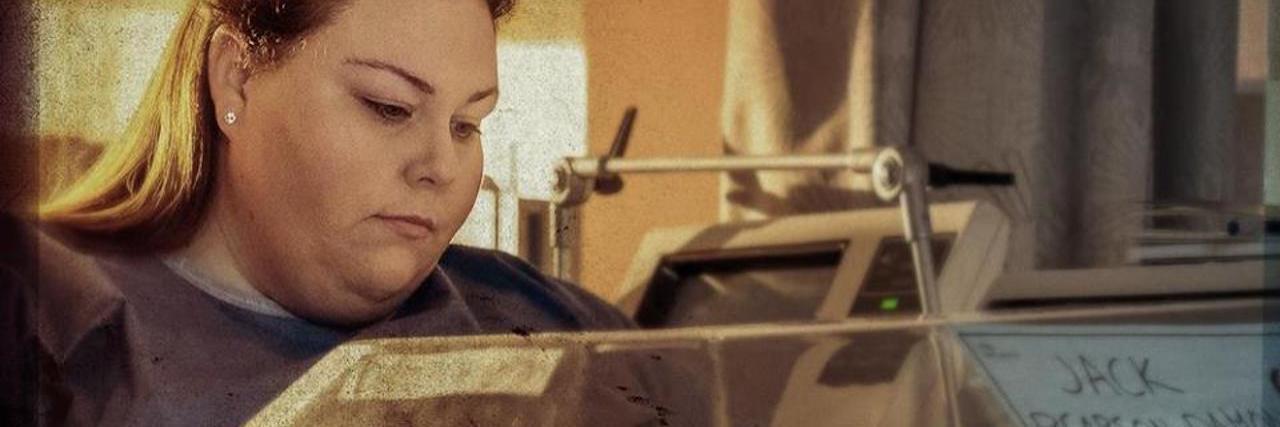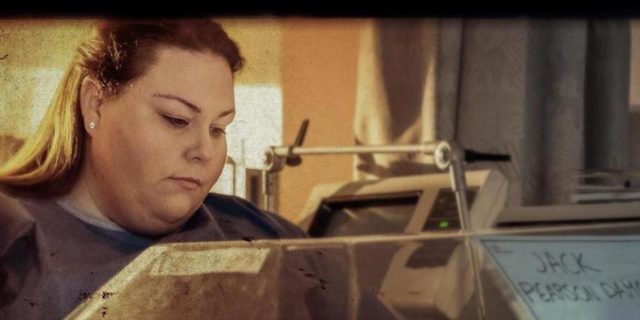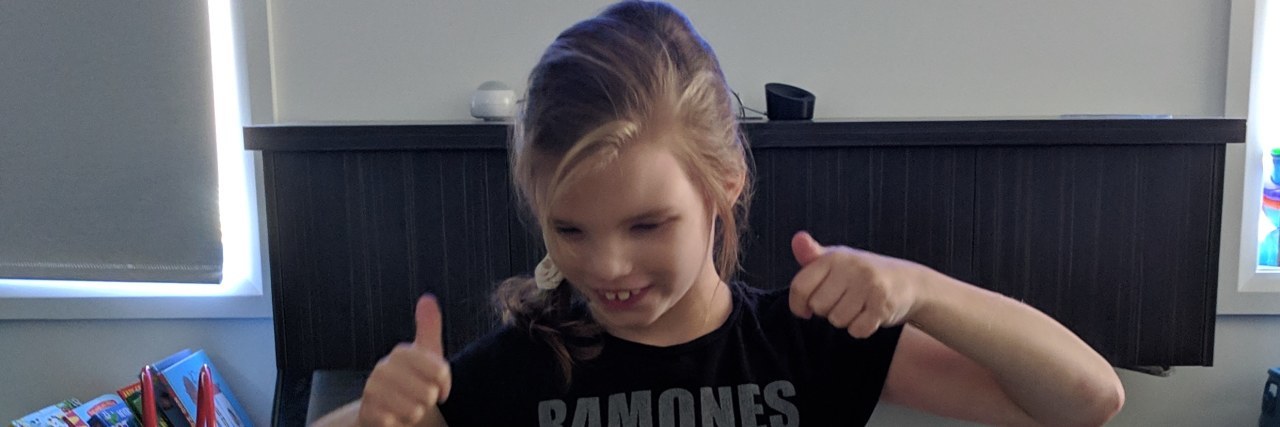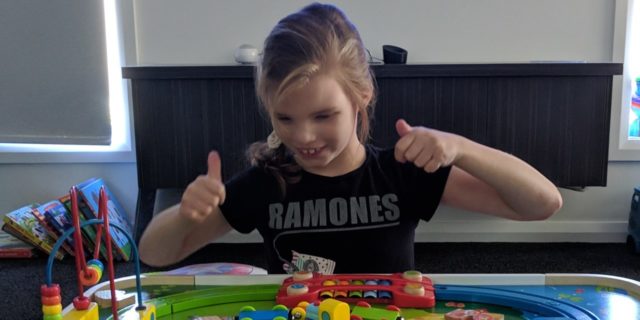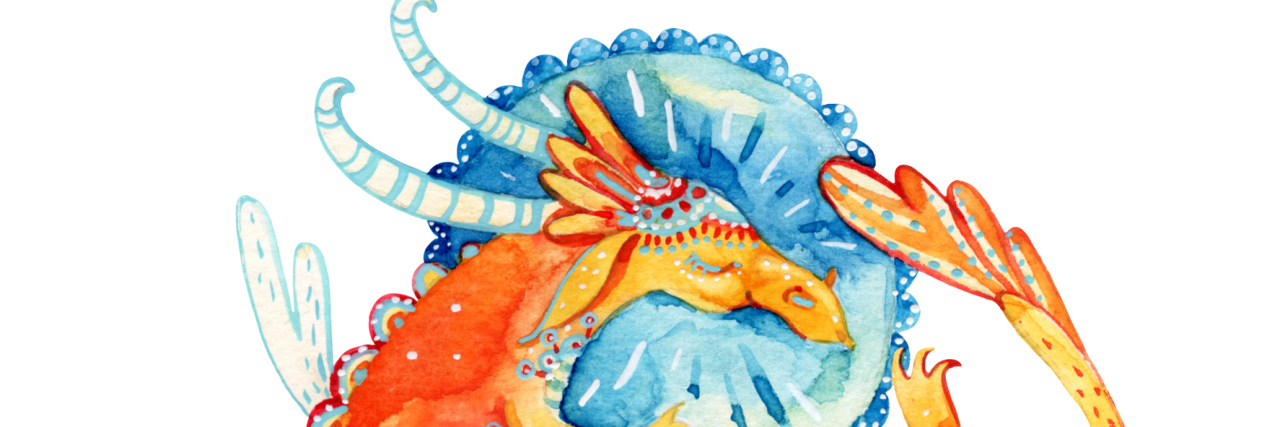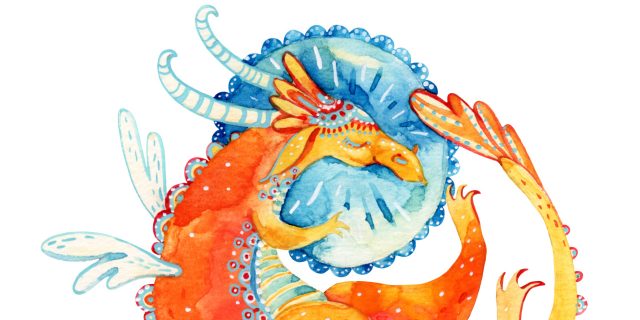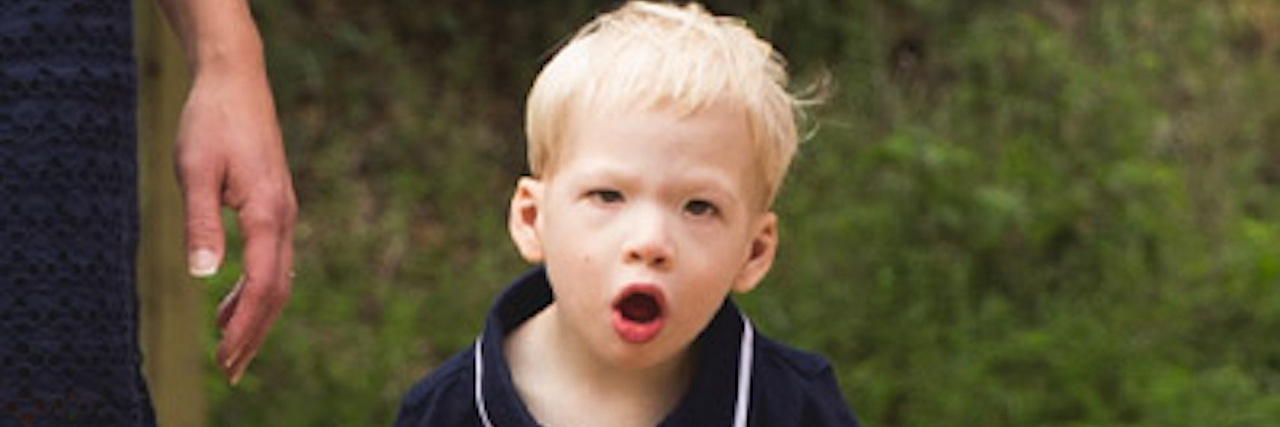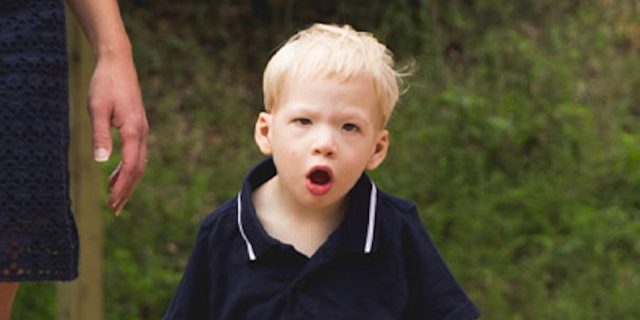A couple of years ago we had a family over for dinner. (Sometimes it’s easier to be the one inviting than invited.) It was meant to be a time to gather around the table and connect. It had been a long time since we hung out. In fact, in the time since we used to see this family regularly, we had a child born with a severe disability. They weren’t entirely used to being around Nathan and they didn’t know everything we had been through in the last few years of his life.
It was uncomfortable.
It was uncomfortable because they were uncomfortable with our child and I couldn’t make it better for them. What we had five years to process and grow to accept about our child’s fragile body and delayed mind, they were trying to come to grips with throughout dinner. And by coming to grips, I mean just knowing how to interact with us and our child.
The husband repeatedly kept trying to compare our son to his…when he was a toddler.
Our son is tube fed because he can not eat very much food by mouth without aspirating. What he does eat by mouth, at the age of five, is comparable to baby food. I puree or mash up potatoes and avocados. I give him yogurt and pudding and applesauce. Mostly kid food, but it looks like baby food because it has to be a pureed consistency. At the dinner table, he commented,
“Oh, that’s how my son learned to eat!”
When Nathan would coo at the table and we would try to guess what he was trying to tell us. Or, when we used our limited sign language vocabulary with him he would say,
“Oh, that’s how my son learned to talk!”
And as he crawled around on the floor and pulled up on the countertops and cruised along the surface to try to get around the room to the best of abilities he again said,
“That’s how they all learn to walk!”
Now I know my friend’s attempts at conversation were intended to encourage me and make me feel like my son would develop because this is how it’s [typically] done. The problem is that he is on a WAY delayed timeframe and we honestly don’t know if any of his skills will develop beyond where he’s at right now. It’s just part of his disability. He learns some things and others he doesn’t. Sometimes he will develop a skill and then promptly lose it. I take nothing for granted in my son’s life and that’s why this house guests repeated attempts to normalize my child hurt.
Of course, I want my son to learn how to eat more solid food and liquids by mouth. I want him to learn how to communicate, and if he learns how to talk, that would send me over the moon. And walking. What a bonus to be able to walk without the help of a walker. All of these things are important to me. But I do not live with my head in a hole that he is going to live a perfectly normal life. And therefore when someone comes along and compares the things he is doing at the age of five to what a neurotypical child does at the age of 18 months, it hurts.
I want my son to be loved and accepted for where he’s at and who he is. Regardless of whether he walks, talks, and eats by mouth. His value is not found in meeting those milestones. It is found in his existence. His personhood. The soul inside his broken body, which is worth more in the eyes of God–and his mother–than any an entrepreneur who can raise one million of capital in his first year of business.
There is a quote from the book Gilead, that has stuck with me over the years.
“All that is fine, but it’s your existence I love you for, mainly. Existence seems to me now the most remarkable thing that could ever be imagined.” – Marilynne Robinson, Gilead
Never forget sweet boy that I love you for you. Because you are mine.
Cri du Chat Syndrome


